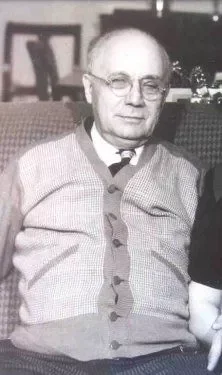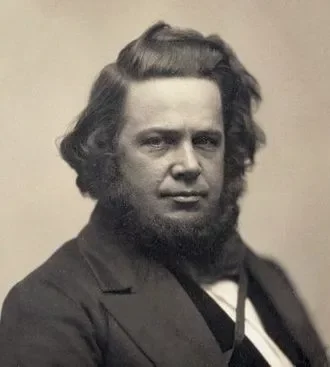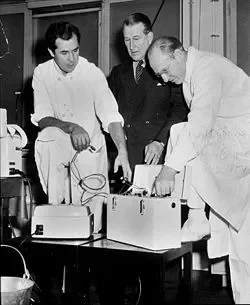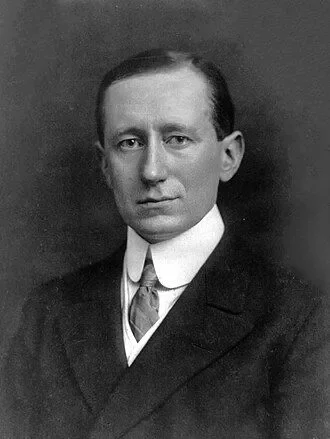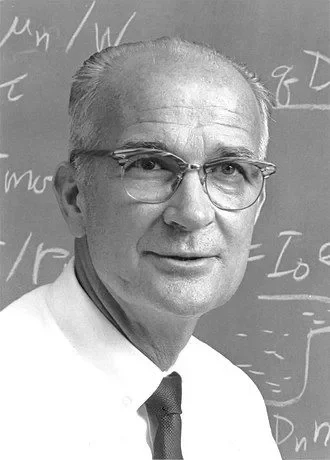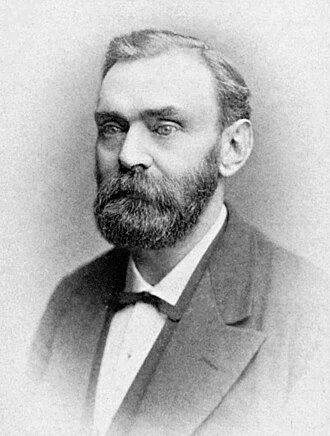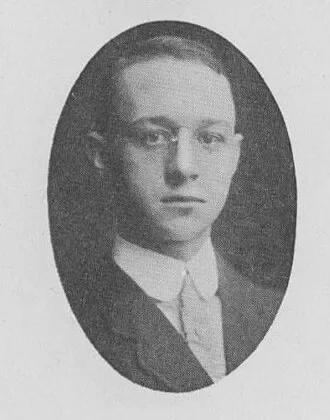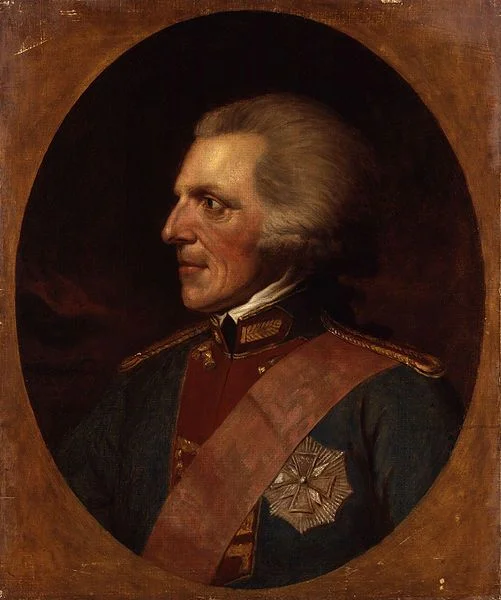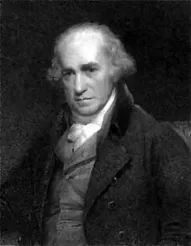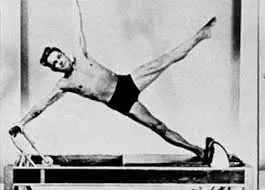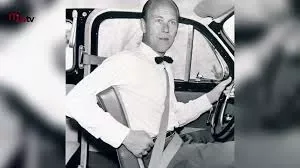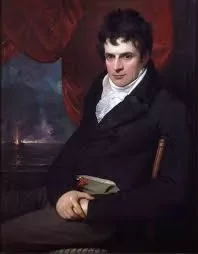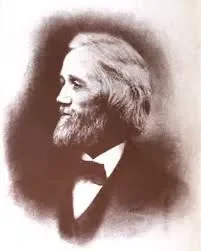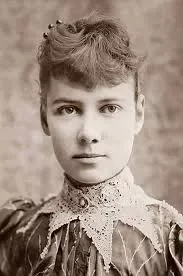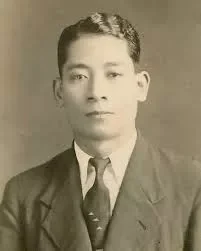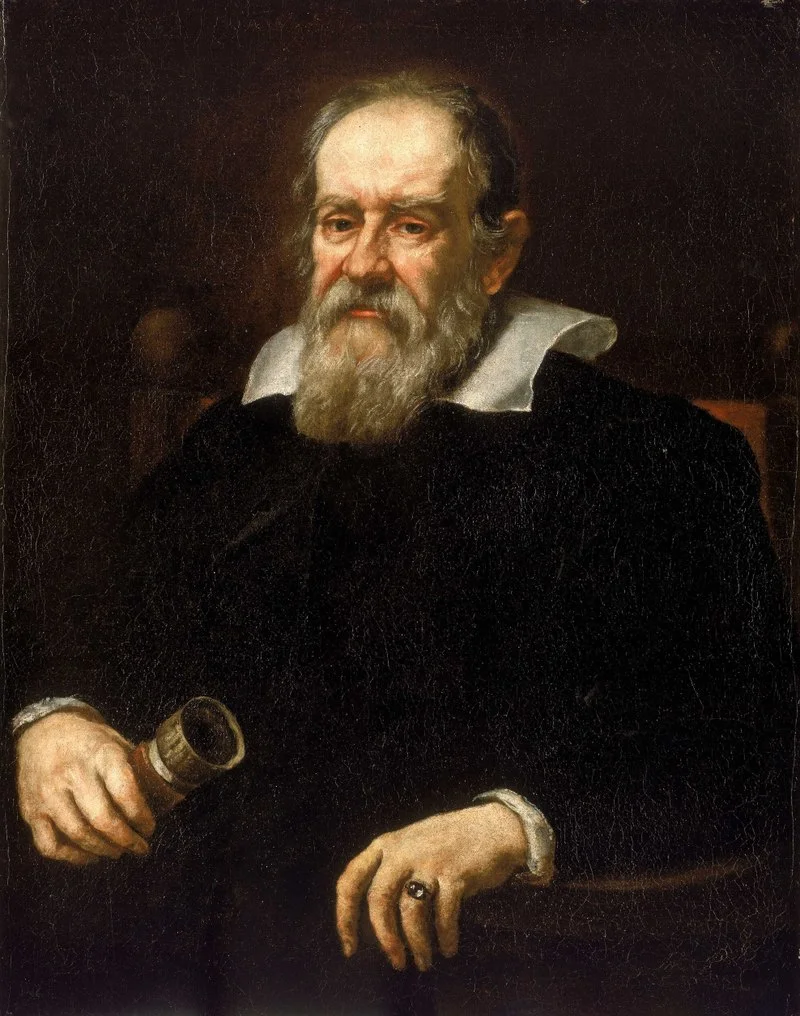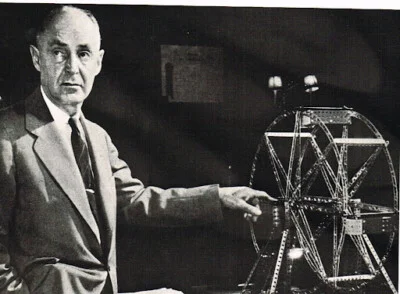Real Celebrities Never Die!
OR
Search For Past Celebrities Whose Birthday You Share
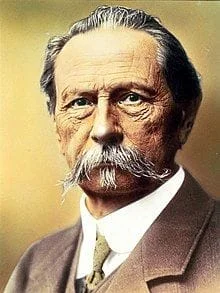
source:upload.wikimedia
Carl Benz
Birthday:
25 Nov, 1844
Date of Death:
04 Apr, 1929
Cause of death:
Natural causes
Nationality:
German
Famous As:
Automotive pioneer
Age at the time of death:
84
Carl Benz's Quote's
Introduction
Carl Benz often called the father of the modern automobile, was a well-renowned German engineer known for his relentless pursuit of innovation. His commitment to turning dreams into reality led to the creation of the world’s first motor car.
Early Life and Education
Benz was born on November 25, 1844, in Mühlburg near Karlsruhe, Germany, as Carl Friedrich Michael, but he later chose to write his name with a “C.” He was the son of an engine driver for the Baden state railways who passed away when Carl was just two years old. Despite the financial hardships,
Carl’s mother ensured he received a good education, sending him to grammar school. However, Carl harbored a deep interest in engineering and aspired to pursue a career in the field rather than following the planned path of becoming a civil servant. At 16, Carl Benz left grammar school to attend the Karlsruhe Polytechnic, where he studied mechanical engineering. His education provided a solid foundation for his future endeavors.
Early Career and Entrepreneurial Struggles
After completing his studies, Carl gained practical experience working as a fitter at Maschinenbau-Gesellschaft Karlsruhe. Carl’s early career was marked by several job changes as he sought to gain diverse experience in mechanical engineering. In 1886, he joined Waagen- and Maschinenfabrik Schweizer, a company that manufactured scales and machinery. His talent quickly became apparent, and he was promoted to draughtsman and designer.
However, his ambition to start his own company grew stronger, and in 1871, Carl Benz teamed up with August Ritter, a mechanical engineering specialist. Unfortunately, the partnership with Ritter proved problematic, and Benz soon realized that Ritter was not a reliable business partner. In the early years of his business, Carl Benz faced significant challenges, including financial difficulties that led to the seizure of his workshop equipment. Despite these setbacks, Carl remained committed to his dream of developing a motorized vehicle.
The Invention of the Two-Stroke Engine
In 1878, against the backdrop of a struggling business, Carl began working on a gas engine, which he believed would be the key to creating a horseless carriage. Carl Benz chose to develop a two-stroke engine as the four-stroke engine design was protected by a patent. After many difficult tests, his engine ran successfully for the first time on New Year’s Eve in 1879. This achievement laid the foundation for Benz’s future success as the engine became the cornerstone of his business.
Founding Benz & Cie. and the Patent Motor Car
In 1883, Carl Benz found new investors who helped him establish his firm. He developed a new engine based on the four-stroke engine and after months of intensive work, completed his motor car in October 1885. On January 29, 1886, Carl Benz filed a patent application for his “vehicle with gas engine drive” at the Imperial Patent Office. The first drives of the patent motor car took place in the factory yard, and by July 1886, Carl Benz had conducted the first documented public road test.
Bertha Benz’s Historic Journey
A significant milestone in the history of the automobile occurred in August 1888 when Bertha Benz undertook a long-distance journey from Mannheim to Pforzheim in the Patent Motor Car. She completed a 100 km journey, proving the stability and reliability of the vehicle. The journey not only demonstrated the car’s suitability for everyday use but also solidified Carl’s conviction that his invention had a bright future.
Success of the Patent Motor Car and Expansion
By September 1888, Benz had presented his motorcar to a wider audience where it received the Grand Gold Medal. The “Model 3” version of the Patent Motor Car became the world’s first series-produced automobile. As Benz & Cie. expanded, Carl Benz faced increasing competition, particularly from more powerful and affordable French vehicles.
Later Years and Retirement
In 1906, Carl Benz founded “Carl Benz Söhne” with his sons, initially producing gas engines before transitioning to automobiles. Carl retired in 1912, leaving the business to his sons. Though the company produced only about 350 cars before ceasing operations in 1923, Carl lived to witness the adoption of motor vehicles.
Death and Legacy
Carl Benz passed away on April 4, 1929, at the age of 84 in Ladenburg, Germany, in his family home, which now serves as a museum. His legacy is one of innovation, perseverance, and vision. His invention paved the way for the modern world of transportation, and his contributions continue to be celebrated by automotive enthusiasts.
Name:
Carl Benz
Popular Name:
Carl Benz
Gender:
Male
Cause of Death:
Natural causes
Spouse:
Place of Birth:
Mühlburg, Grand Duchy of Baden, German Confederation (now part of Karlsruhe, Germany)
Place of Death:
Ladenburg, Germany
Occupation / Profession:
Personality Type
Architect: Imaginative and strategic thinkers, with a plan for everything. Carl Benz was a visionary and strategic thinker, with a focus on innovation and long-term success, traits that contributed to his pioneering work in automotive engineering.
Benz's company merged with Daimler-Motoren-Gesellschaft in 1926, forming Mercedes-Benz.
Carl Benz's first car, the Motorwagen, had three wheels because he was concerned about steering stability.
His wife, Bertha, funded the development of the Motorwagen with her dowry.
In 1888, Bertha Benz took the first long-distance car trip, driving 66 miles from Mannheim to Pforzheim.
Co-founded the Benz & Cie. automotive company.
His wife, Bertha Benz, made the first long-distance car trip, demonstrating the vehicle’s practicality.
Invented the Benz Patent-Motorwagen in 1885, the first automobile powered by an internal combustion engine.

